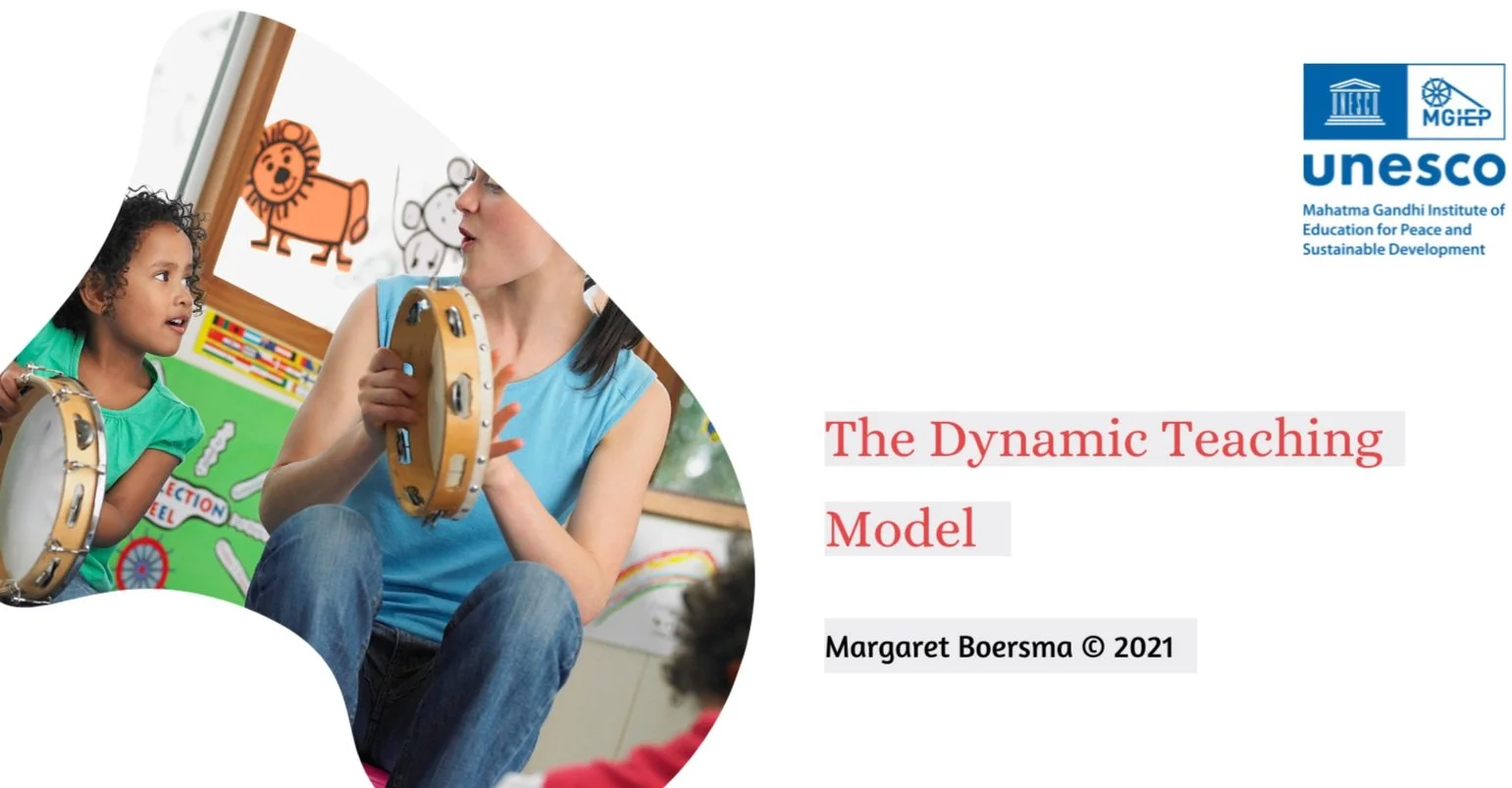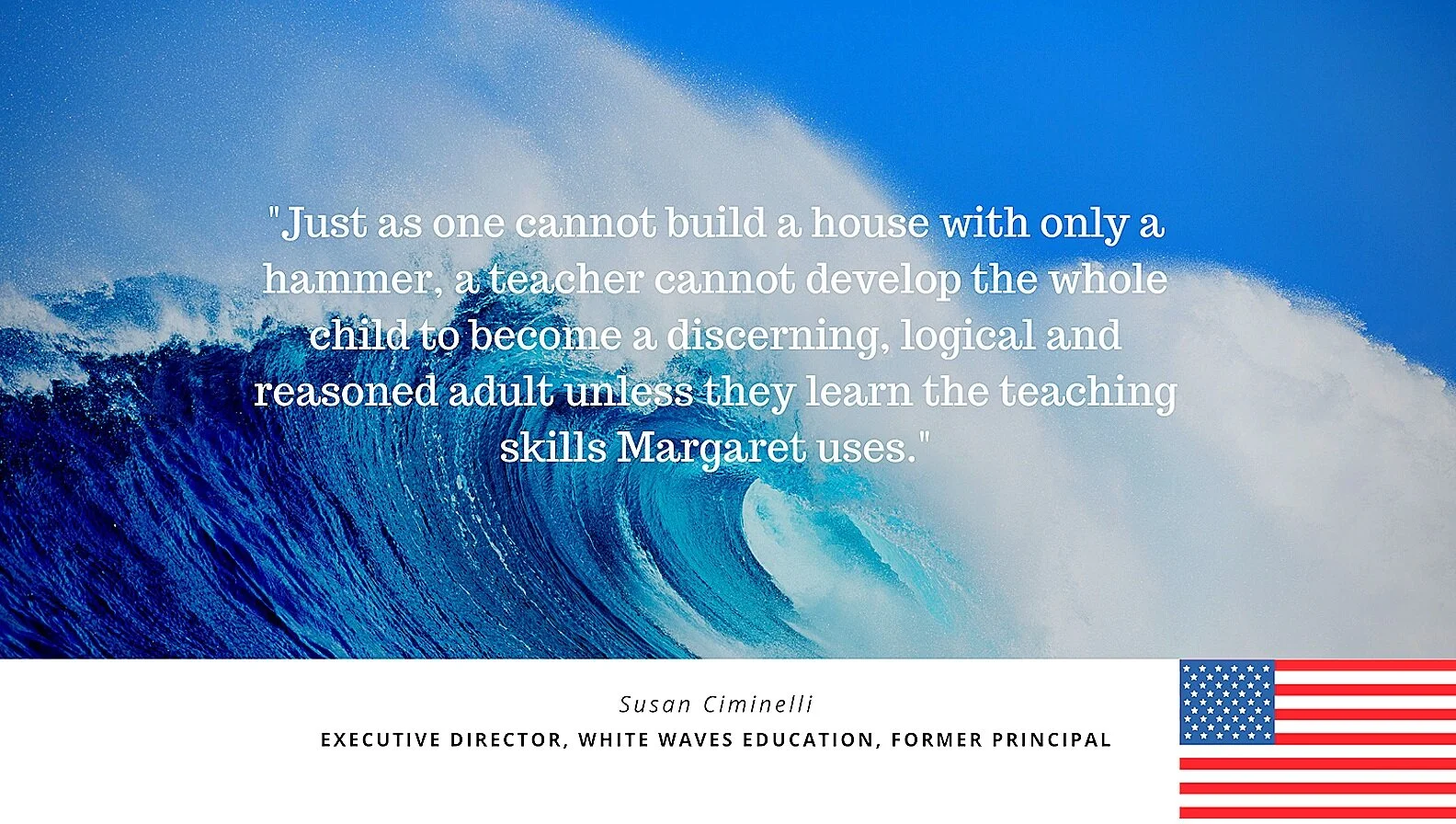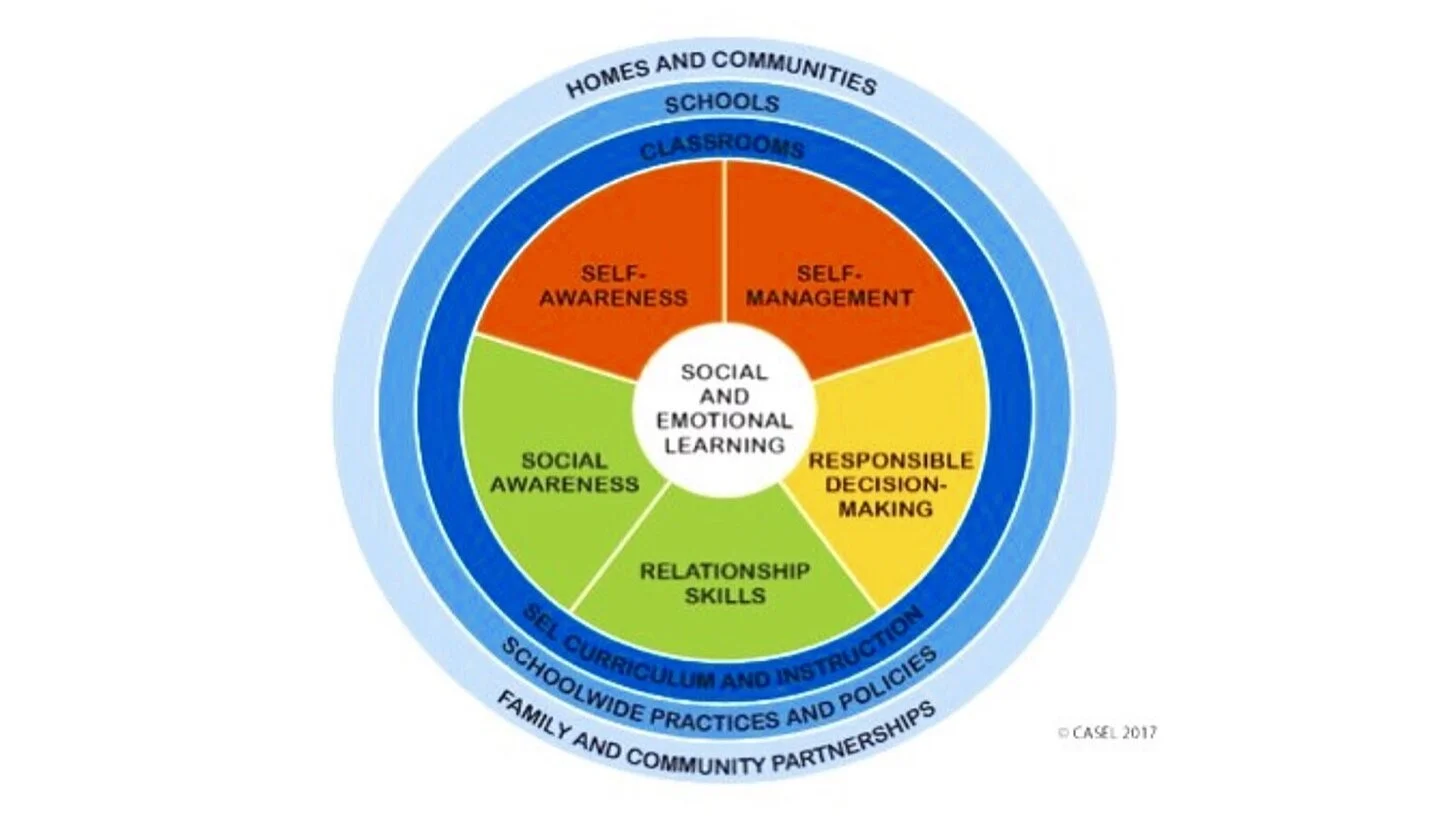Consider, that many adults are children in adult bodies. And it is not their fault. Emotionally they have not matured. Often, something happens in childhood and we decide something about ourselves e.g. I’m not smart enough or I’m not loveable. Then we spend the rest of our lives looking for evidence to prove our point of view. And it has us reacting instead of responding to life
Read MoreLearning through games and pretending is a simple way to describe drama. Games teach the basics of focus, cooperation, collaboration, decision-making, and other 21st century skills as well as character education. This lesson is a beginning drama lesson to set up students powerfully going forward.
Read MoreDo you want a fresh start? Here, the students are reading a difficult passage. But every reader is engaged and supported. Create your own rubric with reading, oral expression and drama expectations when doing the Happy Readers Activity below.
Read More














Analogical Problem-Solving ™ is what I call teaching by living inside a story such as the Us and Them unit. Students have agency/voice to make decisions inside their class story, an analogy of life. As teachers, we carefully follow their suggestions and integrate lessons as we plan strategies that allow them to discover their learning. Students learn real-life lessons without real-life consequences. They realize at a profound level that we have so much in common. We are all connected. Ultimately the students decide war is not worth the enormous human cost. And they internalize that we are all part of the human race.